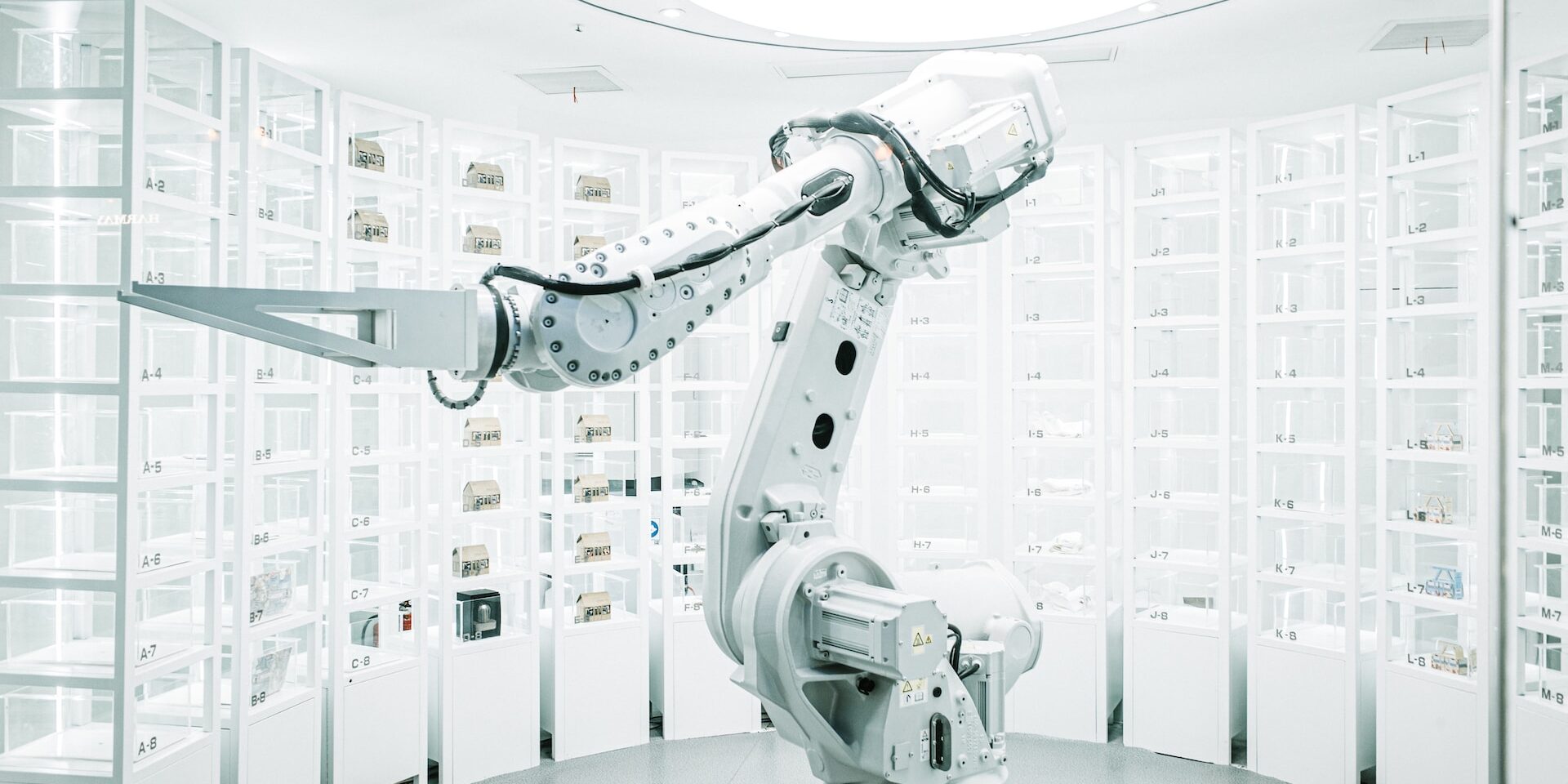Artificial Intelligence (AI) is revolutionizing supply chain decision making by providing accurate demand forecasting, optimizing inventory management, improving supply chain visibility, enabling predictive maintenance, optimizing logistics operations, and enhancing risk management. AI-powered solutions help companies make more informed decisions, reduce costs, improve efficiency, and enhance customer satisfaction. However, it is important to recognize that AI is a tool that complements human expertise rather than replacing it. As AI technology advances, its impact on supply chain decision making will continue to reshape the way businesses operate and compete in the global marketplace.
Demand Forecasting:
AI algorithms can analyze historical data, market trends, customer behavior, and external factors to generate accurate demand forecasts. By considering multiple variables and patterns, AI systems can provide more reliable predictions, allowing companies to optimize production, inventory levels, and procurement strategies. This leads to improved resource utilization, reduced costs, and enhanced customer satisfaction.
Inventory Management:
AI helps optimize inventory levels by analyzing data in real-time. By monitoring factors such as sales, customer demand, and lead times, AI systems can suggest optimal reorder points, safety stock levels, and replenishment schedules. This prevents stockouts and excess inventory, reducing carrying costs while ensuring product availability.
Supply Chain Visibility:
AI-powered analytics provide real-time visibility into supply chain operations. By continuously monitoring data from multiple sources, including suppliers, production facilities, and logistics providers, AI systems can identify bottlenecks, disruptions, and inefficiencies. This allows companies to proactively address issues, improve decision making, and enhance overall supply chain performance.
Predictive Maintenance:
AI algorithms can analyze data from sensors and IoT devices to detect patterns and predict equipment failures. By identifying potential issues before they occur, companies can schedule maintenance activities, minimize downtime, and prevent costly disruptions in the supply chain. Predictive maintenance powered by AI improves operational efficiency and reduces maintenance costs.
Logistics Optimization:
AI algorithms optimize transportation routes, modes, and carrier selection based on factors like cost, delivery time, and capacity. By considering various constraints and objectives, AI systems can identify the most efficient logistics configurations. This results in reduced transportation costs, improved delivery speed, and better resource utilization.
Risk Management:
AI enables companies to assess and manage supply chain risks more effectively. By analyzing data from various sources, including weather patterns, political events, and market trends, AI systems can identify potential risks and provide early warnings. This allows companies to implement proactive measures and develop contingency plans, mitigating the impact of disruptions and uncertainties.
The integration of AI into supply chain decision making is transforming the way businesses operate, improving efficiency, reducing costs, and enhancing customer satisfaction. However, it is important to note that AI is not a substitute for human expertise. It should be seen as a powerful tool that complements human decision making, providing insights and recommendations to support strategic and tactical choices.







